
The Manchester Martyrs (Irish: Mairtirígh Mhanchain) were three Irish nationalists – William Philip Allen, Michael Larkin, and Michael O’Brien – who were hanged in 1867 following their conviction of murder after an attack on a police van in Manchester, England, in which a police officer was accidentally shot dead, an incident that was known at the time as the Manchester Outrages.
They were members of the Fenian movement, a revolutionary Irish nationalist organization that aimed to secure Ireland’s independence from British rule.
The events leading to their execution unfolded during an attempt by Fenian members to rescue two of their colleagues, Thomas J. Kelly and Timothy Deasy, who were being transported to Belle Vue Gaol in a police van. The Fenians attacked the prison van in an effort to free their comrades but were unsuccessful.
During the rescue attempt, a police officer named Sergeant Charles Brett was shot and killed. Subsequently, Larkin, Allen, and O’Brien were arrested and charged with his murder. The trial was controversial, and the three men were found guilty despite concerns about the fairness of the proceedings.
On November 23, 1867, Michael Larkin, William Philip Allen, and Michael O’Brien were executed by hanging at Salford Gaol in Manchester. The executions of these Fenians led to a significant public outcry, and they became known as the “Manchester Martyrs” in Irish nationalist history. The events surrounding their deaths fueled further anti-British sentiment and contributed to the Fenian tradition of commemorating them as martyrs for the cause of Irish independence.
More From This Day
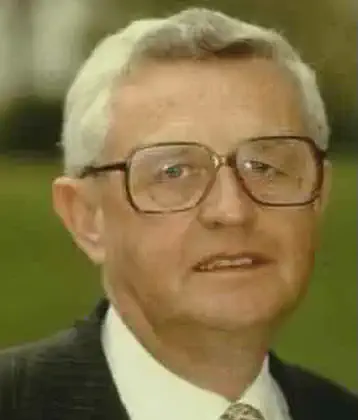
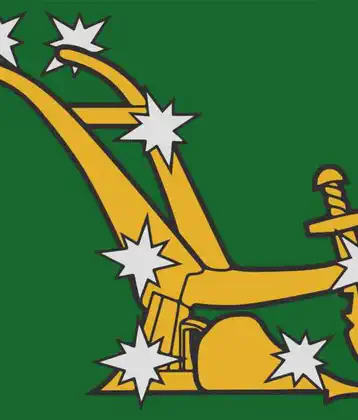
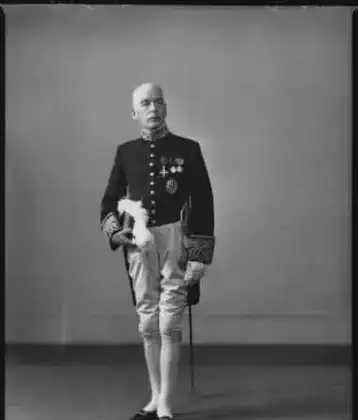
Sir Richard Dawson Bates, unionist politician and minister in Northern Ireland is born in Belfast
November 23, 1876
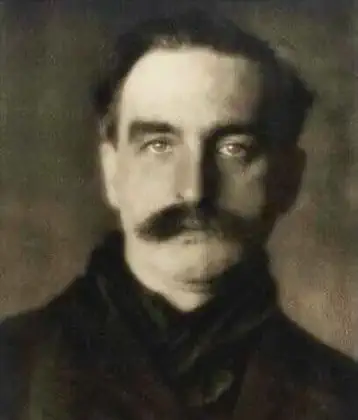
Herbert Trench, poet, dramatist and theatre producer, in Avonmore, Co. Cork, is born
November 23, 1865


Charlotte Grace O'Brien, social reformer who campaigned against conditions on emigrant ships, is born
November 23, 1845
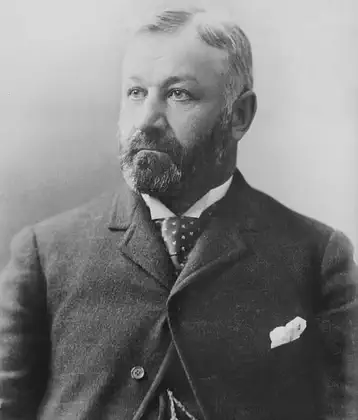
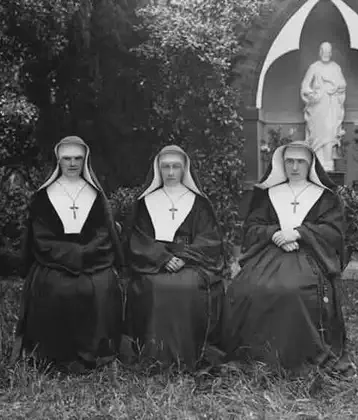
Margaret Aylward, founder of the Sisters of the Holy Faith, born in Waterford
November 23, 1810

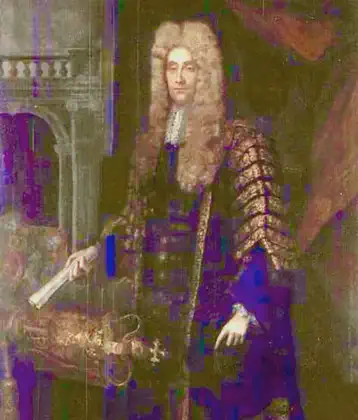
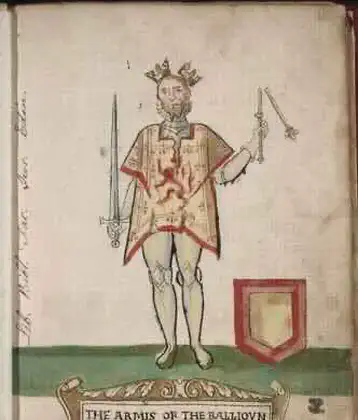
Edward Balliol formally acknowledged King Edward III of England as his feudal superior
November 23, 1332